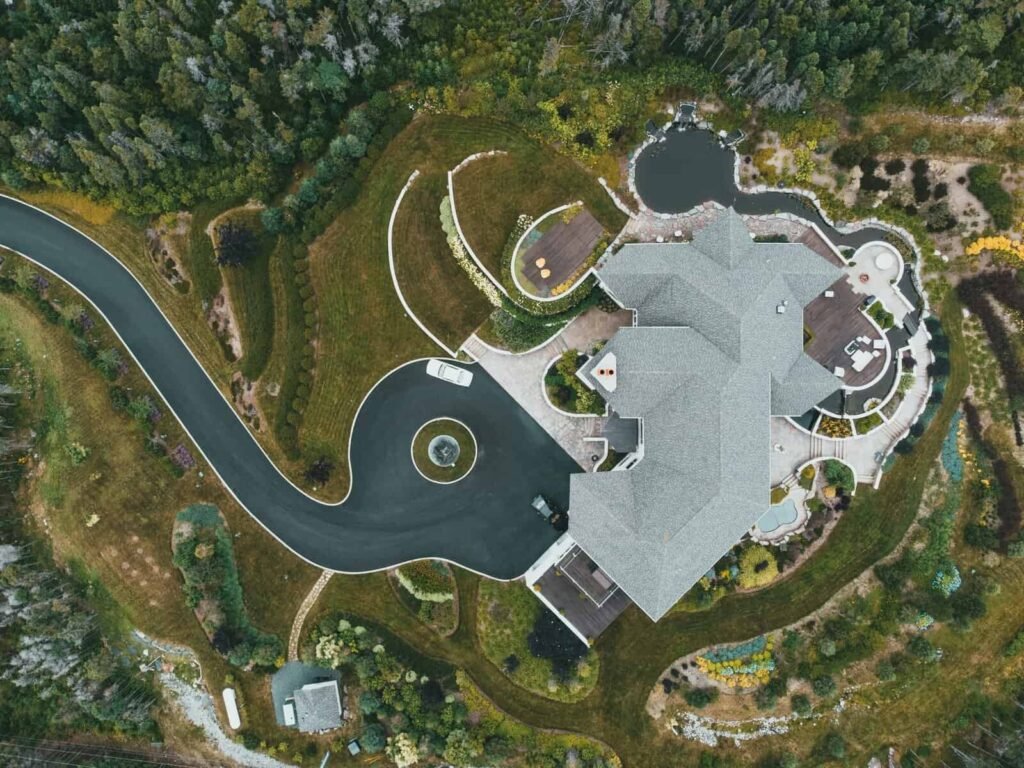Key points to consider
- Buying land offers flexibility and long-term growth potential but comes with higher risk and delayed usability.
- Buying a house provides immediate comfort and stability, though with higher costs and maintenance responsibilities.
- The better choice depends on your financial readiness, timeline, and personal goals.
When considering real estate options, the decision between buying land or a house can greatly impact your investment. Both options have their advantages and drawbacks, so it’s important to evaluate your goals and preferences before making a choice.
Some individuals aspire to construct a custom home in a specific location, while others prefer the convenience of purchasing a pre-built property. In this informative article, we delve into the distinctions between buying land and buying a house to help you make a well-informed decision.
Buying land: What you need to know
Acquiring land provides you with the opportunity to bring your vision to life. Whether you plan to build a custom home, establish a business property, or make a long-term investment, undeveloped land serves as a blank canvas for your dreams. However, there are challenges involved in this process.
Advantages of purchasing land:
- Lower initial cost: Land is often more affordable than developed properties in many regions.
- Design flexibility: You have the freedom to create exactly what you envision, from layout to materials.
- Long-term potential: The value of land can appreciate significantly, especially in growing communities.
- Low maintenance: Unlike a house, land requires minimal upkeep and no repairs.
Drawbacks of buying land:
- Challenges with financing: Securing a jumbo construction loan for land can be more difficult and may necessitate a larger down payment.
- Development costs: Constructing a home or structure adds expenses for utilities, permits, and construction.
- Delayed usability: It may take months or even years before you can live on or utilize the property.
Buying a house: Essential considerations
Investing in a home offers immediate benefits that landownership does not. You can move in right away, begin building equity, and enjoy the comfort of an established living space. However, there are limitations to this option as well.
Advantages of purchasing a house:
- Instant functionality: There is no waiting period for construction or permits.
- Easier financing: Traditional mortgages are more readily available for houses compared to land loans.
- Predictable costs: You will have a clear understanding of monthly payments and expenses.
- Appreciation potential: Homes in desirable areas can experience steady appreciation over time.
Drawbacks of buying a house:
- Higher initial cost: Houses typically have a higher upfront cost compared to undeveloped land.
- Less flexibility: You are limited by the existing structure and layout of the house.
- Ongoing maintenance: Houses require regular maintenance, repairs, and potential renovations.
Determining the best choice for you
The decision between buying land or a house hinges on your investment objectives.
You may lean towards buying land if:
- You aspire to construct a custom home.
- You are willing to wait for the development process.
- You are focused on long-term investment growth.
You may lean towards buying a house if:
- You are ready to move in immediately.
- You prefer stable financing and predictable costs.
- You desire a turnkey property with established amenities.
Before finalizing your decision, take into account your construction budget, affordability of a house, timeline, and future plans. Evaluate financing options, potential appreciation, and whether you seek immediate housing or a long-term project.
Frequently Asked Questions: Land vs. House
Is land a worthwhile investment?
Investing in land can be lucrative, especially in burgeoning areas, but it may take longer to yield returns compared to investing in a house.
Can I secure a loan to purchase land?
Yes, however, land loans are typically more stringent and may necessitate a larger down payment.
What if I buy land but do not build on it?
You can still benefit from potential appreciation, but the land will not generate income unless leased for agricultural or alternative purposes.
Is it more cost-effective to buy land and construct a home?
The cost-effectiveness varies. Construction may sometimes be less expensive than purchasing a house, but expenses for materials, permits, and unforeseen delays can accumulate.

